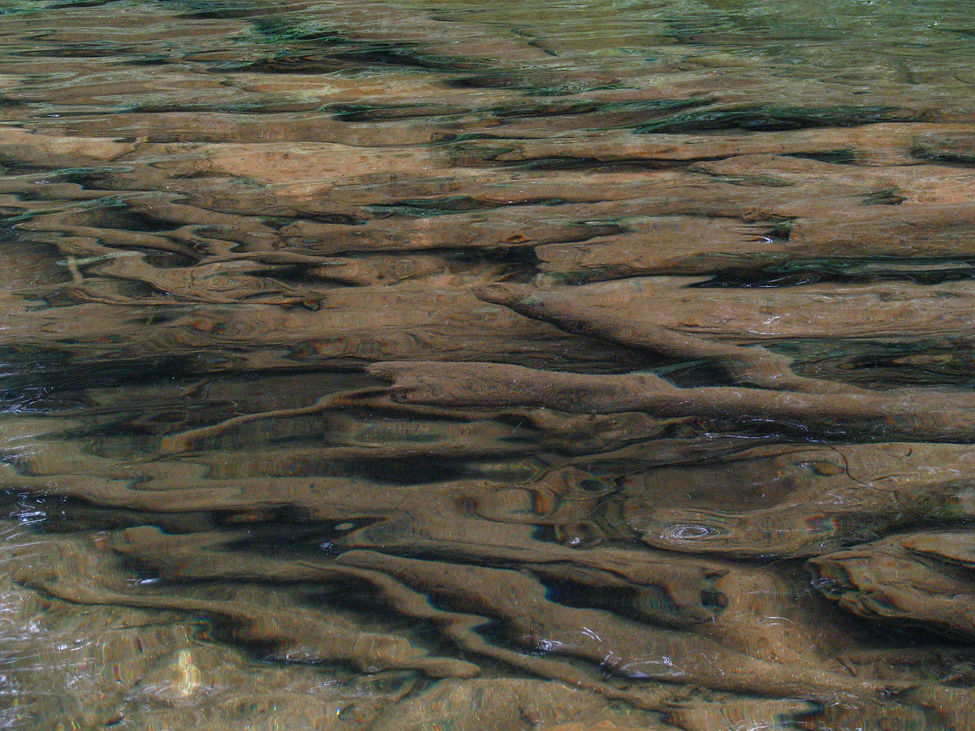
Community & Population Fish Ecology
pattern and processes in dynamic ecosystems
Componentes da diversidade beta em peixes de riachos costeiros da Baixada Santista (SP)
The beta diversity in fluvial systems is influenced by habitat availability, species interactions and organism dispersion. The ability to predict and mitigate the effects of anthropogenic changes in these systems depends on the knowledge of which processes are important for the maintenance of diversity at local and regional scales. This project aims to analyze the components of beta diversity (species addition and turnover) at multiple spatial scales. The environments will be described by local variables related to the habitat size and ecosystem function, and regional variables related to spatial structure of the stream basins. Results will quantify the relative importance of local and regional factors on the taxonomic and functional diversity, aiming to recommend conservation actions to streams of “Baixada Santista”.
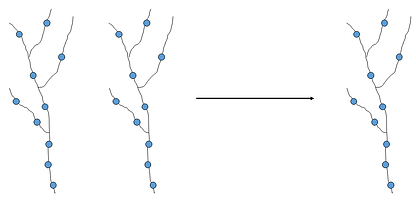
Project coordinator: Prof. Dr. Fabio C. Ferreira (UNIFESP - Baixada Santista).
Associated researchers: Prof. Dra. Ursulla P. Souza (UNISANTA - Santos), Prof. Dr. Mauricio Cetra (UFSCar - Sorocaba), Prof. Dr. Miguel Petrere Jr. (UFSCar - Sorocaba, UNISANTA), Walter Barrella (UNISANTA), Gislene Torrente Vilara (UNIFESP - Baixada Santista).
Convergência funcional na estrutura das assembléias de peixes de duas bacias hidrográficas no estado de São Paulo
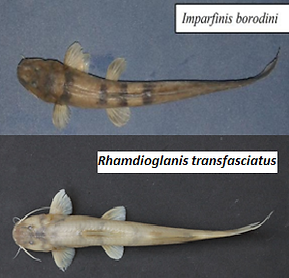
Functional convergence between isolated ecosystems suggests the existence of common mechanisms underlying the organization and dynamics of ecological communities. In this project, we will test the hypothesis that functional traits in stream fish assemblages are related to the structure of aquatic habitats, and that this relationship is convergent between the Itanhaém river basin (southeastern coast basin) and the High Paranapanema river basin (Paraná basin). Evidences of functional convergence on habitat use, trophic organization and life history will suggest large-scale effects that are transferable between these two ecoregions.
Project coordinator: Prof. Dra. Ursulla P. Souza (UNISANTA - Santos).
Associated researchers: Prof. Dr. Fabio C. Ferreira (UNIFESP - Baixada Santista), Prof. Dr. Mauricio Cetra (UFSCar - Sorocaba), Prof. Dr. Miguel Petrere Jr. (UFSCar - Sorocaba, UNISANTA), Walter Barrella (UNISANTA).
PELD - Estrutura e dinâmica de comunidades em rios e riachos costeiros da Mata Atlântica - Bacia do Rio Itanhaém
The Itanhaém river basin is the second largest watershed of São Paulo state and supply the water needs for great part of the Baixada Santista. It has a variety of geomorphological units (plateau, mountain range and coastal plain), vegetation types, and subbasins with distinct water chemistry (black, clear and white waters). Land uses vary from preserved areas inside protection units to agricultural and urban regions. This study aims to establish sampling sites for obtention of temporal series for aquatic communities (macophytes, macroinvertebrate and fish) and thus contributing to metacommunity theory and ecological assessment of river basins.
Project coordinator: Prof. Dr. Antônio F. M. Camargo (UNESP - Rio Claro).
Associated institutions: UNIFESP - Baixada Santista, UNISANTA - Santos, Instituto de Botânica - São Paulo.
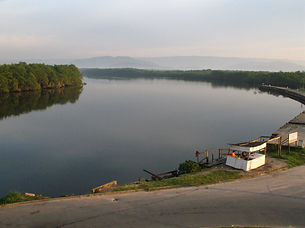
Efeitos locais e regionais na estrutura das comunidades de peixes em riachos do Alto Rio Paranapanema (SP)
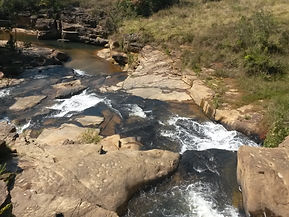
Acesse:
The metacommunity concept highlights the interdependence of regional and local factors and its effect on assembly dynamics. In riverine systems, the species sorting model is expected to predominate in headwater channels emphasizing the influence of local factors and species environment associations, whereas mass effect model is expected to govern metacommunity dynamics at lower basin portions due to the influence of dispersion at regional scale. The present study aims to test this hypothesis for stream fishes of high Paranapanema river basin to advance in conservation strategies and biodiversity assessments of running waters.
Project coordinator: Prof. Dr. Mauricio Cetra (UFSCar - Sorocaba).
Associated researchers: Prof. Dr. Fabio C. Ferreira (UNIFESP - Baixada Santista), Prof. Dr. George M. T. Mattox (UFSCar - Sorocaba), Prof. Dr. Miguel Petrere Jr. (UFSCar - Sorocaba, UNISANTA).